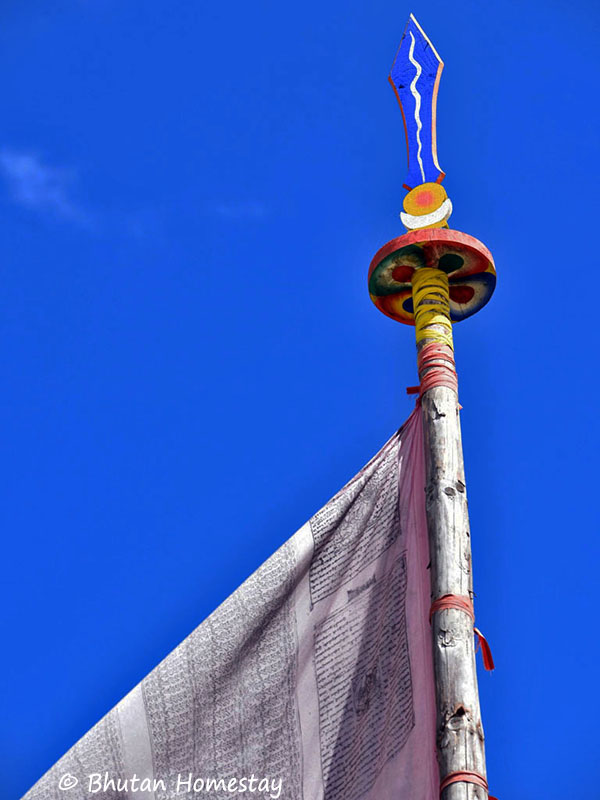Mushroaming Bhutan
Mushrooms, Mountains & Monasteries
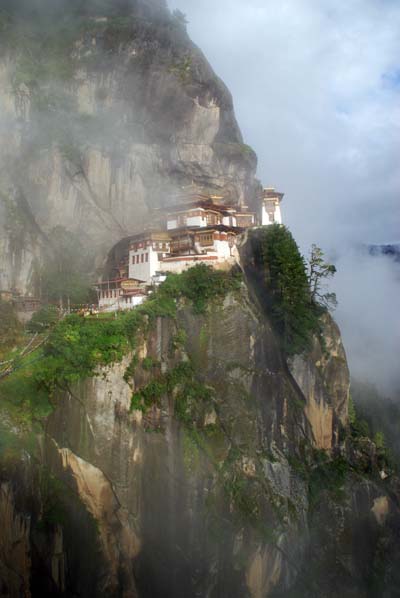
The clouds lifted and allowed a peek at the most stunningly located Taktsang Goenba, the Tiger's Nest (3050m / 9970ft).

Cheri's wooden cantilever bridge decorated with Five elements prayer flags.
Mushroaming Bhutan 2026 Itinerary
Our flight from Bangkok arrives in the morning in Paro. Transfer by bus to Thimphu, Bhutan's capital. Check in into the amazing Druk Hotel. Visit to the vegetable market to check for mushrooms and exotic produce. Afternoon visit to Takin Wildlife Park to see Takin, Serow, Goral, Barking deer and other endemic Himalayan wildlife including gorgeous pheasants. Druk Hotel
23-July, Thursday Thimphu (2335 m / 7660 ft)
Sight seeing in Thimphu or several options for a hike (i.e. Phajoding monastery, 5 hours) or less demanding walks to Chagri or Tango to visit beautiful monasteries. Besides enjoying the impressing destinations along the way we can enjoy wild flowers and mushrooms. In the afternoon we can visit a traditional Daphne fiber paper production and/or Zampa textile studio with weaving and indigo dying. Druk Hotel
24-July , Friday Thimphu to Tsirang (1520m / 5000 ft)
Along the road of our six hour drive to Damphu, Tsirang we will stop at Do Chula Pass with its famous 108 stupas and gorgeous Hemlock forests. We pass the impressive Wangdue Dzong (castle) turning South to follow the Puna Tsang Chu River Valley to Damphu. Tsirang is known for its mild tropical climate, with impressive biodiversity expressed in a highly diverse flora, fauna and funga. Farmers are growing crop year-round, including rice and maize as well as tropical fruits like banana, citrus and ginger. Overnight at Damphu Resort
Tsirang is located in an altitude of only around 1500 m / 5000 ft, the lowest altitude of our journey. The area is settled by a mix of ethnic groups; the biggest group is Nepali speaking Lhotsampa. It is known for organic farms and co-operatives producing vegetables, poultry and eggs, and Oyster mushroom farming. We will be enjoying the old-growth Pema Choeling Heritage Forest. We hope to be joined mushroom hunting by Sabitra Pradhan, fungal biodiversity specialist of the National Mushroom Center who grew up in Tsirang. Damphu Resort
26-July, Sunday Tsirang
And another day to enjoy nature and culture in Tsirang. Here, the mushrooms are the most exotic during our journey and quite different from the funga of the temperate conifer and oak forests higher up. We will do a mushroom walk in a broad-leaved forest on the "360-degree track", below the Royal Guesthouse in Kilkhorthang Gewog. Afternoon visit to local farms in Khorsenay village. Damphu Resort
27-July, Monday Tsirang - Phobjikha
Scenic six-hour drive to Phobjikha, a gorgeous wide open valley with wetlands and pastures surrounded by conifer glad small mountains. This picturesque valley is also the wintering ground for Black-necked crane (Grus nigricollis). Visit to Gangtey gonpa, Bhutan's biggest Nyingma monastery, the seat of the Pema Lingpa tradition, founded in 1613. We can listen to the monks chanting their evening prayers. Overnight at ABC Eco Lodge (great place, sorry no webpage though)
Great options for scenic short- and day hikes as well as for mushroaming excursions in gorgeous diverse hemlock, spruce, fir and pine forest. In the open meadows grows "Po Sha", Agaricus campestris. It is widely consumed by the people either cooked or roasted. ABC Eco Lodge
Early morning drive (6-7 h) via Pele la pass (3420 m) to Trongsa with its gorgeous and tasty Waterfall Willing Café and the impressive Trongsa Dzong castle. Afternoon continue on via Yotong la pass (3425 m) to Tang, one of the four valleys of Bumthang. Ogyen Choling Guest House
Relaxed morning at gorgeous and homey Ogyen Choling, a hill top manor dating back to early medieval times. One of the most famous guest there was Longchen Rabjam (1308-63), who synthesized the teachings of the Nyingmapa School of Tibetan Buddhism. To secure Orgyen Choling’s sustainability it was turned into a beautiful guest house with modern amenities and a great museum. Visit to the museum, that gives great insights into the life of a feudal aristocratic household and all its economic activities, including agriculture, crafts, and long distance trading. Afternoon walk in a local forest. Ogyen Choling Guest House
Many options for hikes of varied length with the possibility to roam the forest for mushrooms (towards Phokpey 7 h, Thowadrak 5h, for non-hikers Langmalung Lhakhang. In addition visit Ogyen Choling palace museum. Ogyen Choling Guest House
Drive to Jakar via Tangsibi to hunt king boletes, matsutake, hedgehogs, Fried Chicken mushroom and other spruce forest mushrooms. Once in Jakar we can visit Jampe Lhakhang near our lodge. This temple is one of the first that King Songtsen Gampo of Tibet constructed in Bhutan in the 7th century. Overnight in Rinchenling Lodge, where one can book a hot stone bath.
We expect to take the 30 min flight from Jakar to Paro, unless weather or flight cancelation would make us drive eight hours. When traveling with plane (as it always worked out before in August) we will spend the afternoon in gorgeous woods below Chelela Pass, 1 hour above Paro. Lunch will be served in the woods (with table & chairs) as well! Overnight at Tiger's Nest Camp
Peak experience saved for the penultimate day: a beautiful hike (start in 2650m / 8700ft) up to the incredibly stunning, world famous Tiger's Nest temple built into a sheer granite rock face in the 17th Century. At this site in the 8th Century Padmasambhava who brought Buddhism to Tibet and his spiritual consort Yeshe Tshogyal meditated for three years and the site has been sacred ever since. The trail head is only 20 min from our hotel. So far every participant has accomplished the hike. Tiger's Nest Camp
Morning packing and transfer to Paro, with its cozy restaurants and cafes and the ultimate souvenir and Bhutanese art shopping town. (The flight to Delhi would leave around 9 am)
Note: In the first part of the trip we will be accompanied by Sabitra Pradhan, fungal biodiversity expert from the National Mushroom Center. She will bring her mushroom drier along and we will collect specimens for the NMC. So far very few fungi have been sequenced, since Bhutan does not have a sequencing lab.
In addition travel in Bhutan can be strenuous, one factor being altitude, furthermore the roads can be challenging, especially during mushroom season, which is of course during the summer monsoon. So rain ponchos and umbrellas are a good thing to bring along. Also, hunting for mushrooms can include walking up steep slopes with no trails. You must be well on your feet since we will do some hikes as well, but we always offer alternative programs when the hikes a strenuous.
Previous participant comment:
Daniel, I was just talking with a friend about our Bhutan trip and it occurred to me how meaningful the trip was
- not just the mushroom hunting (beyond awesome), the scenery (gorgeous) and the culture; and not just the people individually (what a great group) but the entire package was really so much more than the parts. I have been in the Himalayas a few times and this was the first time I felt profoundly connected to them. Thank you for putting together an incredible experience.
Jerry Nickelsburg, PhD - Adjunct Professor of Economics - Anderson School of Management, UCLA

Our guide Karma with delicious Himalayan Caesar mushrooms (Amanita hemibapha)
Costs
Land Costs: $ 5450 [with 10 to 12 participants]
[$5850 with 8-9 participants]
includes all accommodations, meals, overland transport, visa & entrance fees
Single room supplement: $450
for registration after Jan. 5, 2026, please add a late fee of $400
Not included:
Flights
to Bangkok: $800 - 1200 rt; International tickets to Bangkok need to be purchased individually by participants.
However, we need to coordinate the flight to Paro, Bhutan from Bangkok (or Delhi). Costs of flights to Bhutan from Bangkok are around $800 rt and Delhi around $700 rt.
One flight within Bhutan on August 2nd from Jakar to Paro is about $190, is not included in the tour price. Tickets will be purchased by our agent in Bhutan.
Also, to participate you must have a travel insurance that includes medical emergency evacuation.
Other expenses:
Souvenirs, alcoholic beverages, hotel bar, phone & laundry, herbal hot baths etc. as well as tips for Bhutanese guides
Please note my online pictures document mostly the mushrooms seen and do not reflect the whole experience at all.

A nice haul of Boletus reticuloceps, the Netcap King bolete, a spruce-associate common in subalpine forests in Bhutan and Eastern Tibet
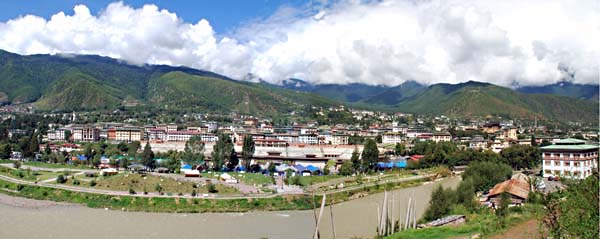
Bhutan's inviting capital Thimphu is populated by about 100,000 people. In front Thimphu Chu running at 2250 m / 7400 ft.

Super tasty chanterelle pizza enjoyed at Druk Hotel in Thimphu!
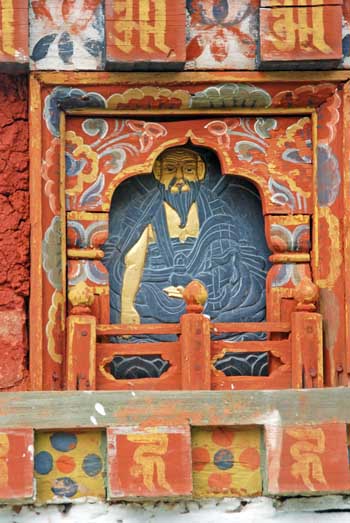
A stone relief seen at Dochu La of Ngawang Namgyal or Zhabdrung Rinpoche (1594–1651) who unified Bhutan as a nation-state and also sought to create a distinct Bhutanese cultural identity separate from the Tibetan culture from which it was derived.
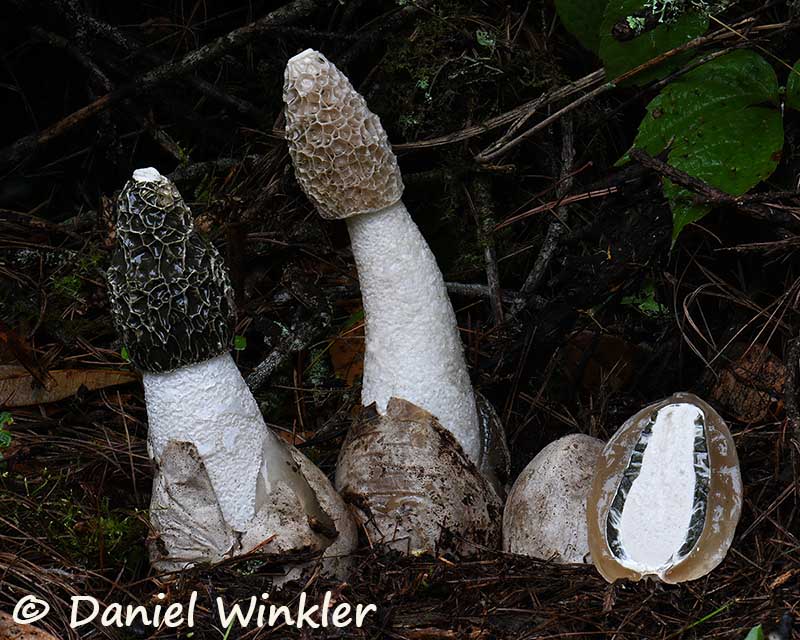
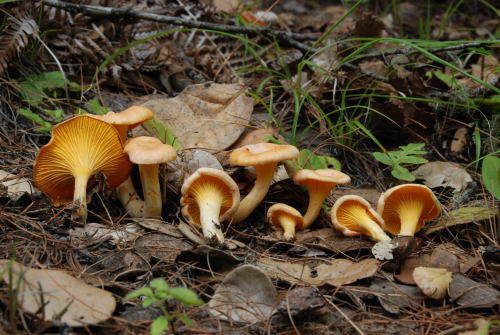
Sese Shamu as Cantharellus cf cibarius is known in Dzongkha. The Chanterelle is highly esteemed and very popular in Bhutan and most are found in oak forests.
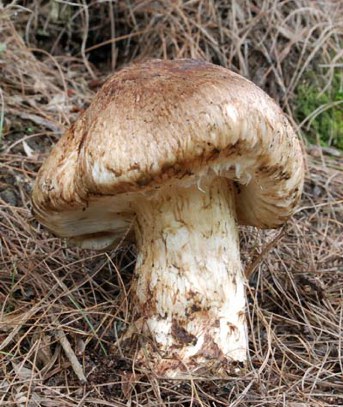
Sangye Shamoo, the Buddha Mushroom - Tricholoma matsutake.
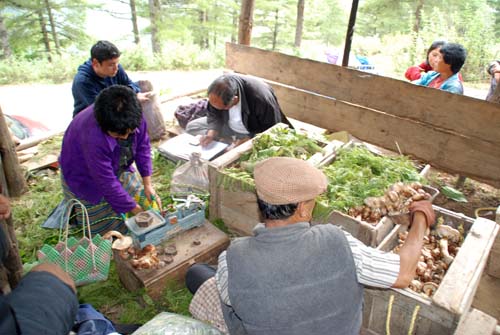
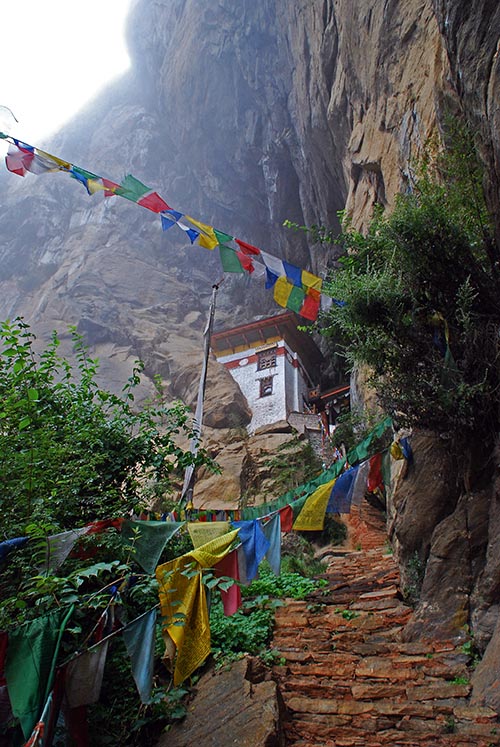
Yeshe Tsogyal's retreat house in Tiger's Nest / Tak Tsang.
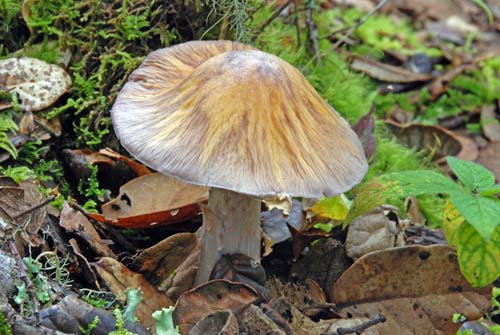
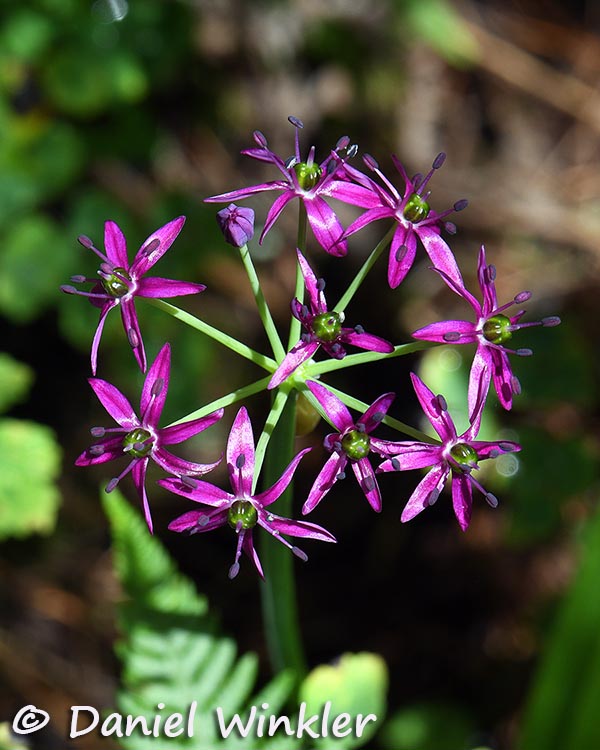
Allium wallichii, a wild Himalayan onion seen near Thowdrak, Bumthang
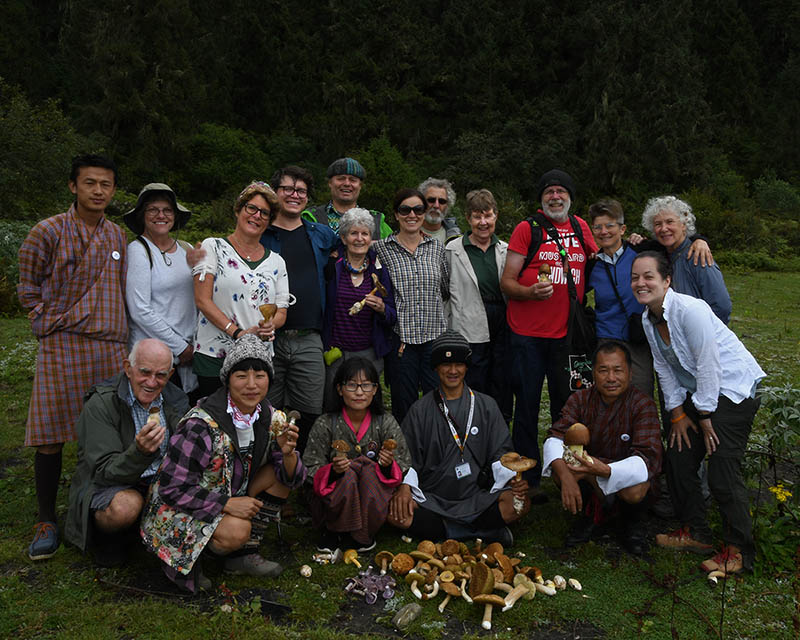
The 2019 Mushroaming Fungal Fellowship. During a short stop at an old-growth spruce forest we found Netcap King boletes (Boletus reticuloceps), Ochre Himalayan Caesars (Amanita hemibapha var .ochracea or now A. ochracea) and Blewits (Lepista cf nuda). The next mushroom meal was secured!
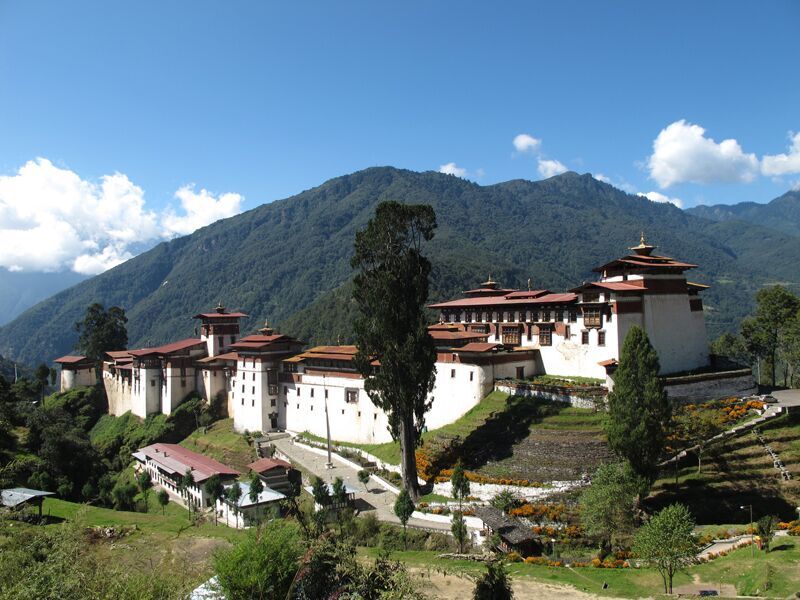
Trongsa Dzong is the largest dzong fortress in Bhutan, located in the center of the country. Built on a spur overlooking the gorge of the Mangde River, a temple was first built here in 1543 by Ngagi Wangchuk. In 1647, his great-grandson Shabdrung Ngawang Namgyal (Shabdrung or Zhabdrung being his title) built the first dzong to replace the temple, which was added on through the Centuries. Photo: ©Bhutan Homestay.
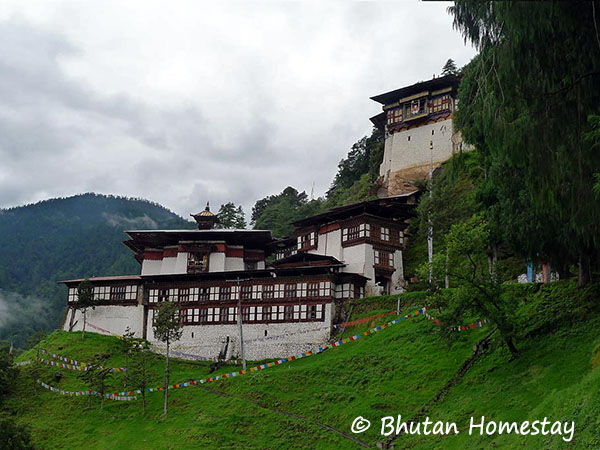
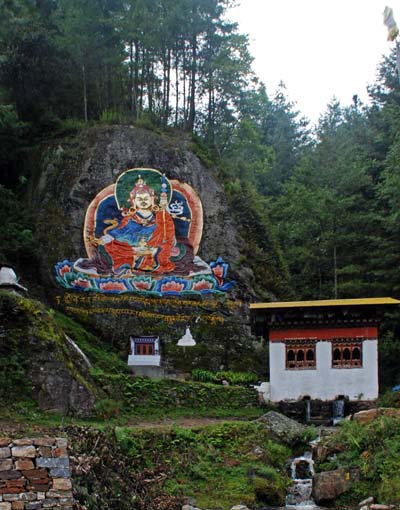
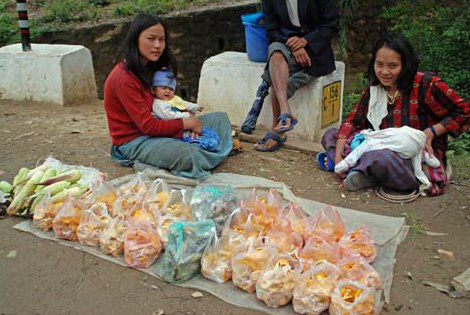
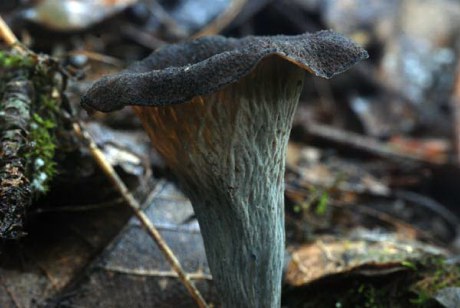
It is an excellent edible, but is not often eaten in Bhutan because of its dark color. We cooked it up and it was wonderful.
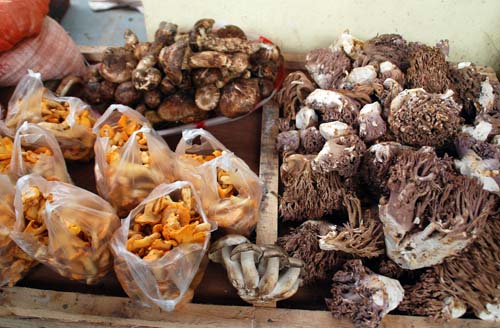
Also visible in this picture in the lower center are "Ripongkar", a Lyophyllum.
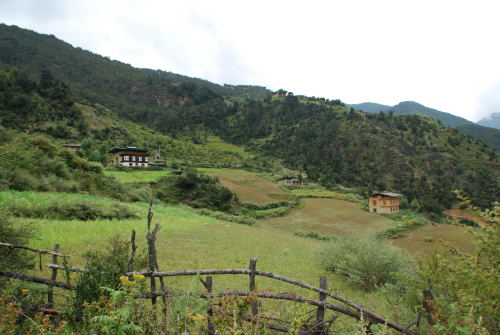
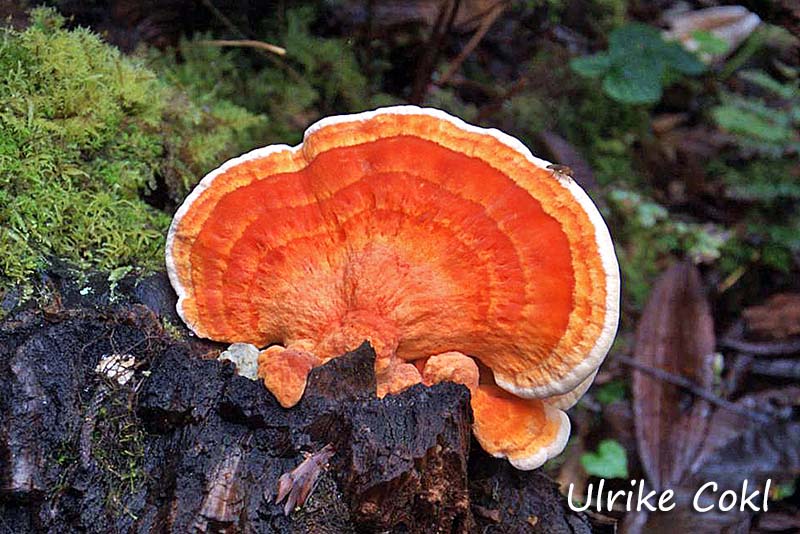
A young sulfur shelf (Laetiporus sp.), a very tasty and unusual textured edible mushroom.
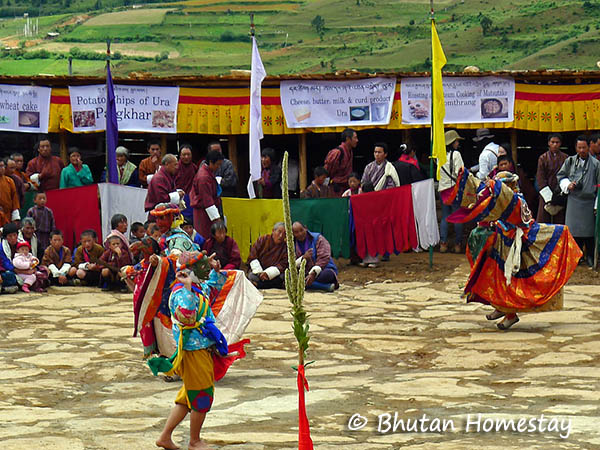
Dances at the Ura matsutake festival. Note the food stands in the back!
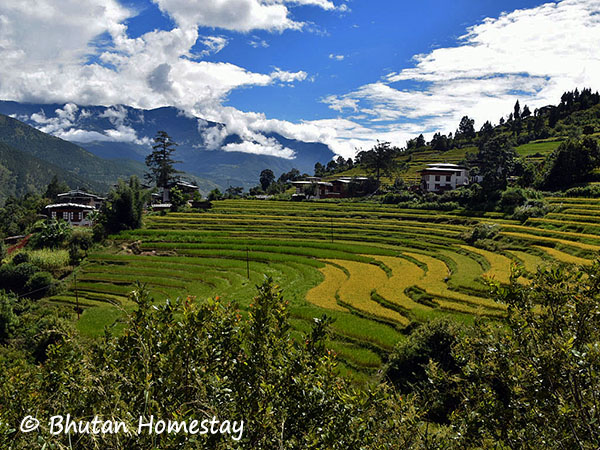

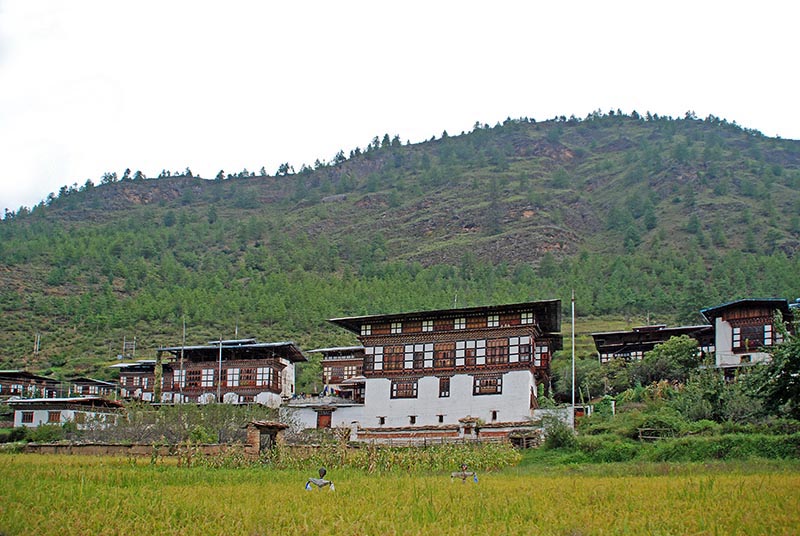
Farmhouses above rice fields near Paro.
